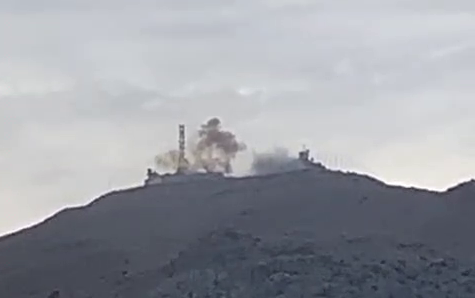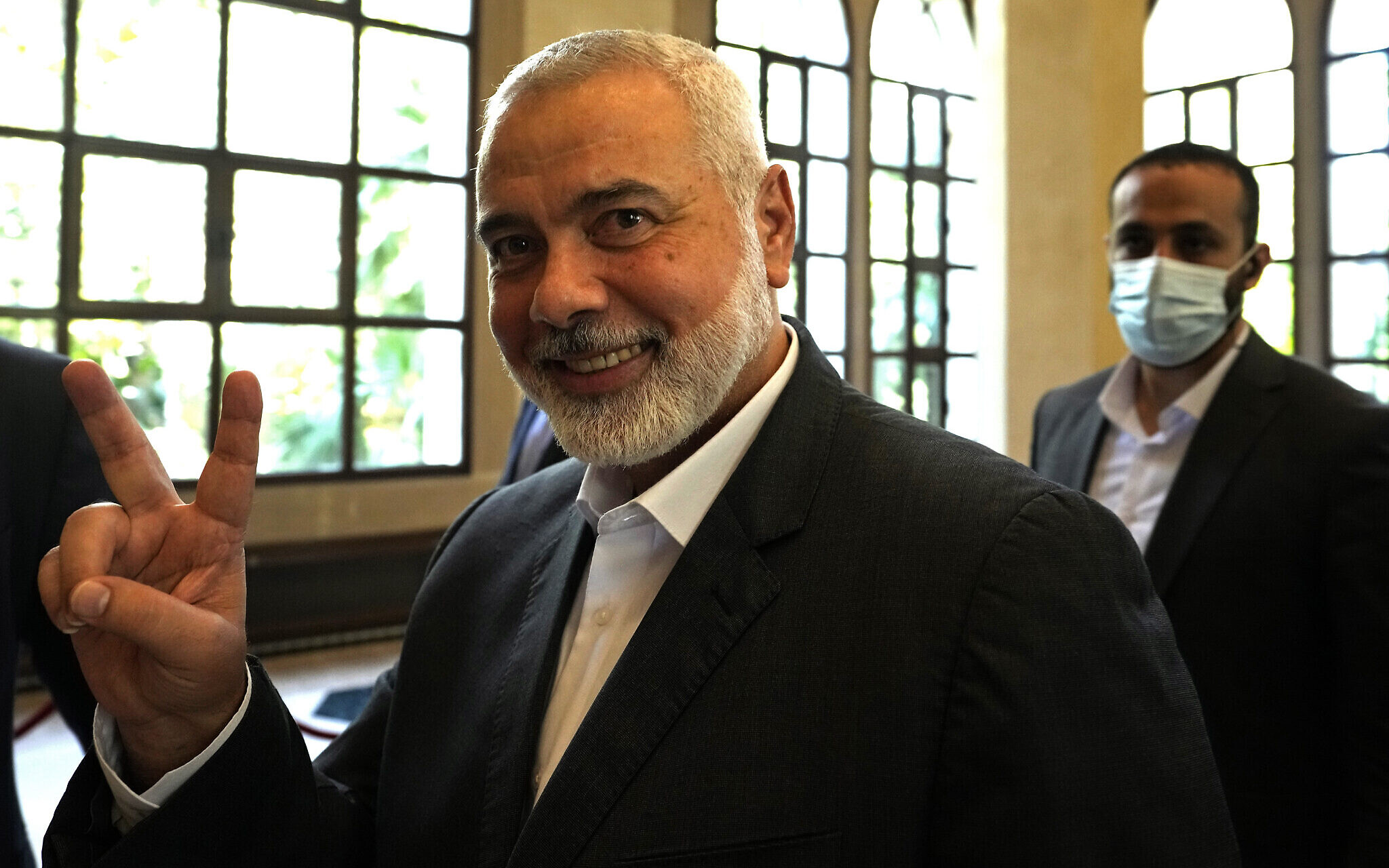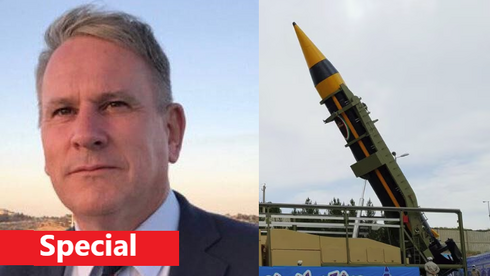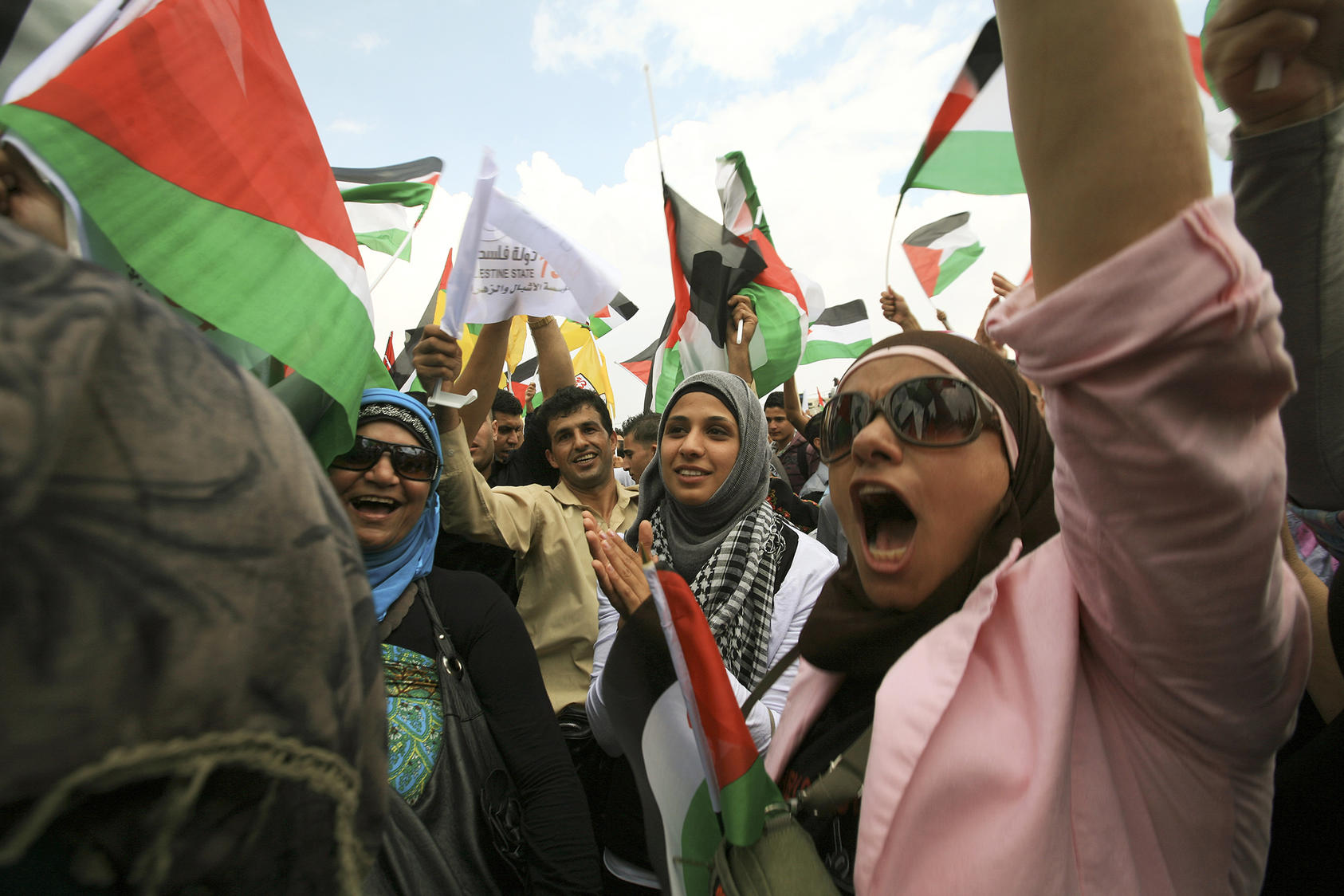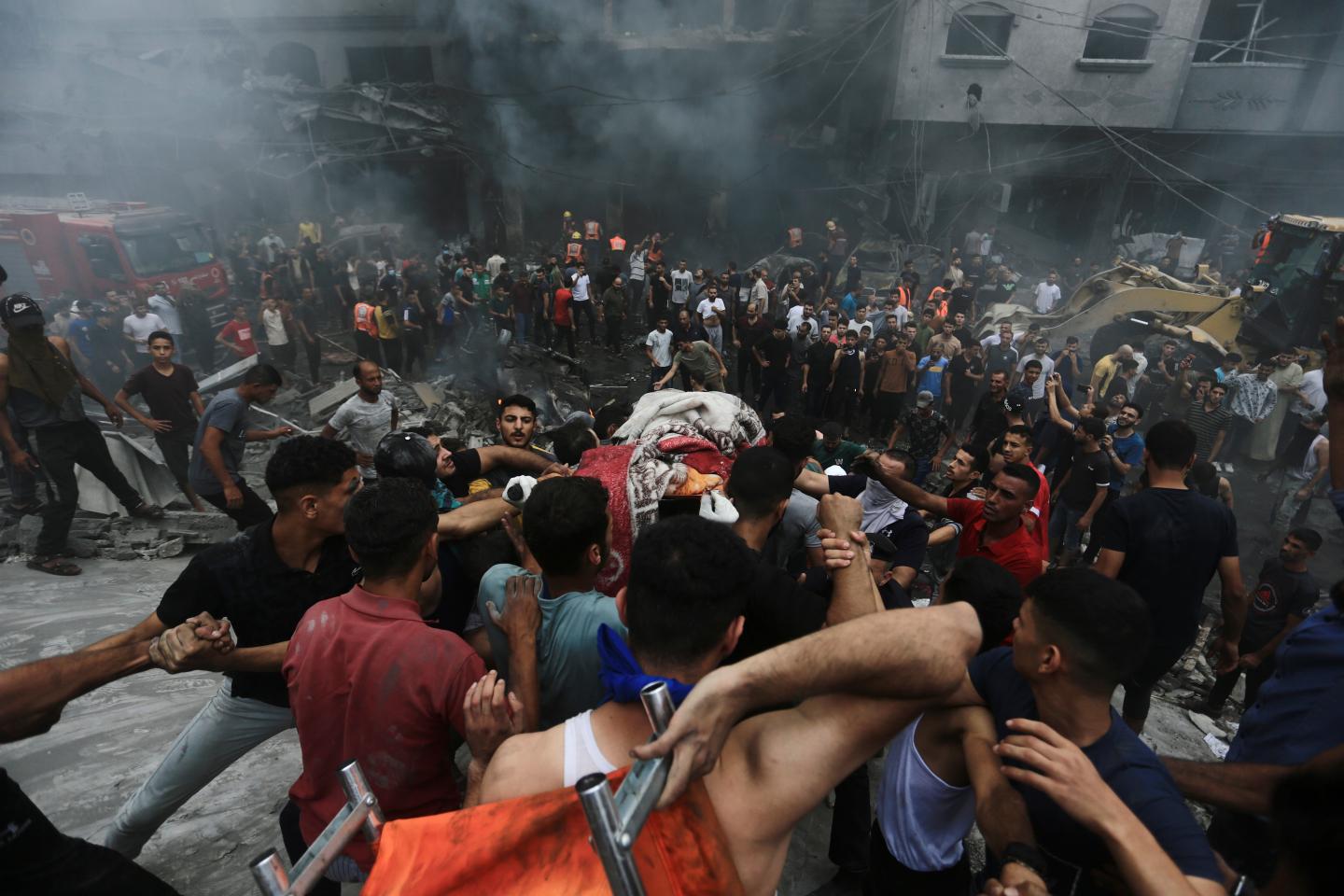Big_Zucchini
Well-Known Member
My take on the whole situation:
But first, a primer - Israel elected a new government in November 2022. It is composed of many extremists and overall performs poorly. It vowed to cancel Israel's checks and balances, risking turning it into a dictatorship. The PM, Netanyahu, vowed to get his kingdom at any cost, down to the last Israeli.
Let's proceed...
But first, a primer - Israel elected a new government in November 2022. It is composed of many extremists and overall performs poorly. It vowed to cancel Israel's checks and balances, risking turning it into a dictatorship. The PM, Netanyahu, vowed to get his kingdom at any cost, down to the last Israeli.
Let's proceed...
- Israel's current government has been preparing the ground for this situation for months. It started with dismantling democracy to which many reservists, who de-facto hold the IDF together, responded by refusing to show up for reserve duties. Many Israeli pilots have also refused to train, enabled by their unique status as "volunteers", in turn leaving them unfit for many of the IAF's complex activities. The protest did not skip the conscripts whose influence was far more transparent, as many requested to be in non-combat roles, or were just deeply demoralized. Within weeks of the initiation of the protest movement, the IDF declared a lowered combat readiness across the board, although in many parts of it - it was immediate.
- Israel's current government also likes to abuse many of its powers including the IDF's activities. Many Israelis complained that the IDF over-extends itselfs and risks troops by sending soldiers to guard ultra orthodox Jews who like provoking Palestinians (in Judea and Samaria). Since the IDF draws from its combat brigades to do this policing, it necessarily means this manpower is drawn from somewhere. This situation has been ongoing for many decades, but the guard duties for provocateurs who by Israeli law are actually doing criminal activity, have ramped up significantly recently. Only yesterday someone posted a video showing a member of Knesset along with ultra orthodox Jews celebrating Simchat Tora in Huwara - a Palestinian city that has become a flashpoint in the last several months.
- It is also apparent that the phenomenon has gone too far and IDF troops from Gaza have indeed been drawn to reinforce in the Judea and Samaria region.
https://x.com/BenCaspit/status/1710645456068374719?s=20
- Regarding intelligence - Israel, like many others, collects intelligence via many means. Sometimes technological like tapping a communication line, sometimes OSINT, sometimes visual, human, etc etc. Naturally whatever is gathered is one piece of a puzzle as Hamas, as well as other regional actors, have many different activities relating to combat movements, weapons development, internal organization, training activities etc etc. A lot is left blank, and it's the job of analysts to fill these blanks. This can sometimes mean the presented intelligence varies significantly from mild to significant threats - for the same topic.
Considering how much Hamas invests in adapting and thwarting Israeli intelligence, combined with an event that occurred in 2019 (exposure of an Israeli cell) and dealt a significant blow to Israeli intelligence in Gaza, it is only natural that Hamas manages to surprise Israel, even far more frequently than many realize.
But the Israeli deployment on its borders is meant to account even for events of surprises such as today. Have enough critical mass that both surveys and acts, to eliminate such hazards. But this obviously does not work if there is no such mass in the first place (see points #2 and #3).
Hamas also has its own intelligence apparatus and they are capable of providing detailed information on Israeli manpower status on the Gaza border.
- Future surprises like this will occur, just not with such severity. The Israeli intelligence corps, for example, does believe that in the event of a Hezbollah incursion (Radwan force) into Israel (approx 5000 personnel), Israel WILL be surprised. I repeat. They believe Hezbollah will manage to catch Israel off guard! But they are preparing various solutions for that problem, on which I cannot elaborate.


